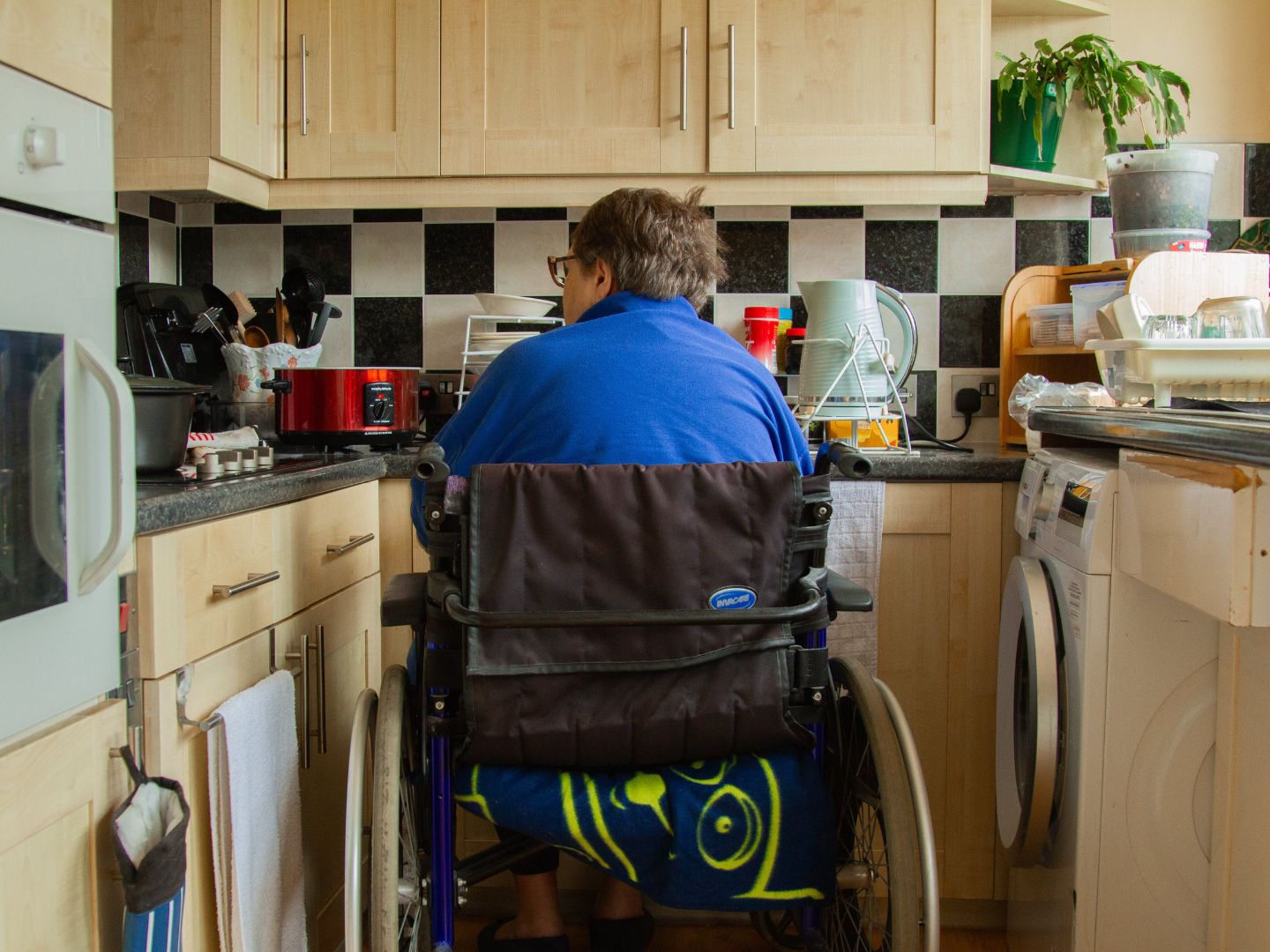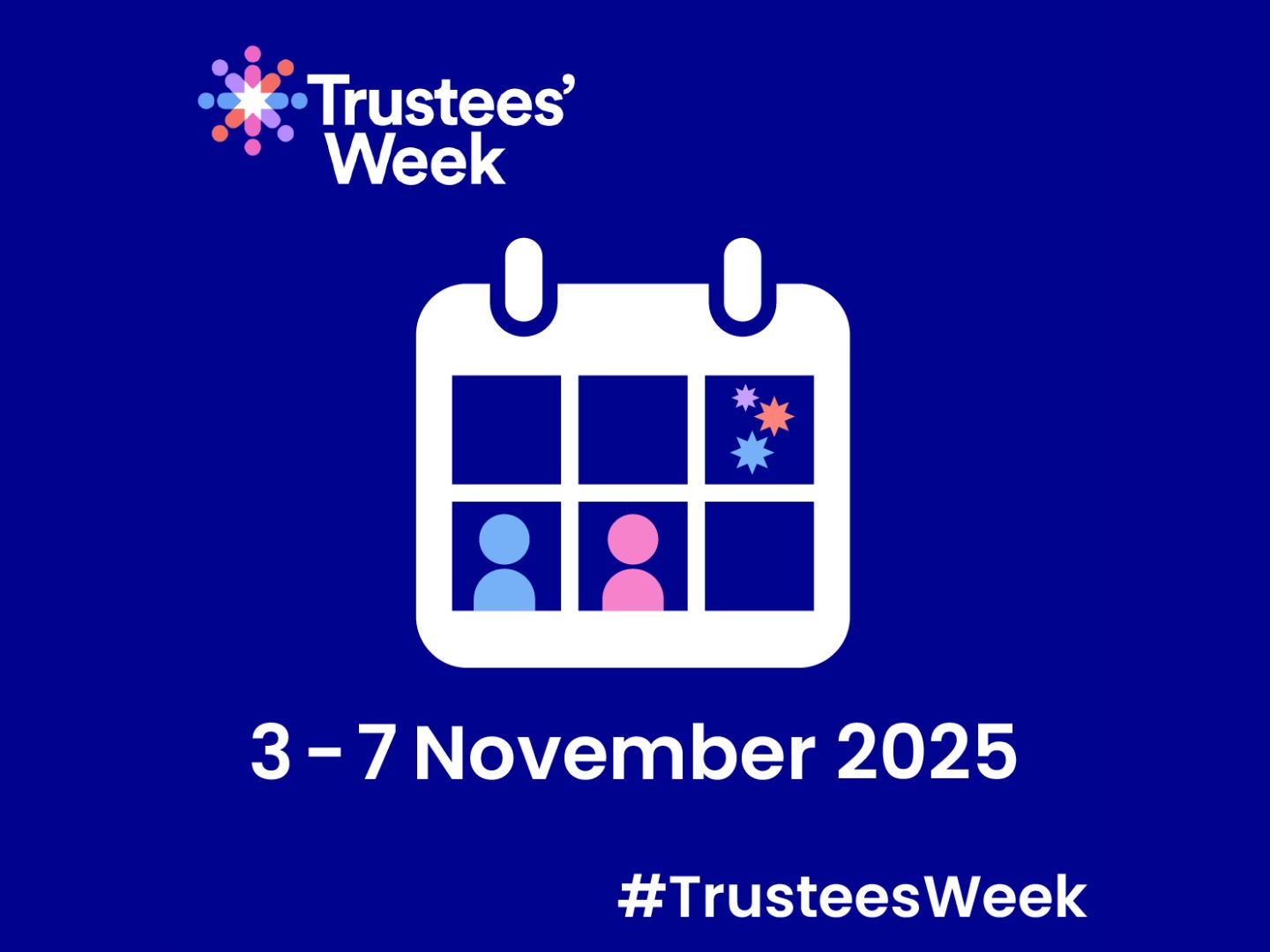Case Study
Supporting the Housing First Pilots
In 2018 the Government launched 3 national pilots for Housing First in England.

The Brief
Housing First is a policy that offers unconditional, permanent housing as quickly as possible to homeless people and rough sleepers with complex needs, on the basis that a foundation of housing stability will better enable people to address their often complex support needs. It was first developed in New York in the 1990s, and has gained popularity as a housing led solution to entrenched rough sleeping.
The national pilots are being evaluated by the Government with final evaluation reports due at the end of the pilots in 2024/5.
Campbell Tickell was commissioned by two of the three national pilots to carry out local evaluations to see what lessons could be learned and applied to the pilots. We carried out the local evaluations for the West Midlands Combined Authority (WMCA) and the Liverpool City Region Combined Authority (LCRCA).
Our Approach
We worked closely with the combined authorities and the partner local authorities to explore:
01
How multi-agency partnerships were working to address the multiplicity of people’s needs;
02
How trauma informed support was being provided and staff supported to work with the client group;
03
The access to and availability of social housing and private rented sector tenancies for rough sleepers with complex needs and what could be done to improve this.
The Results
Our evaluations included modelling of flows and caseloads and value for money assessments:
Our research for WMCA found that the quicker people are housed the less staff time is required to support individuals, going from an initial ratio of full time equivalent staff member to 6 clients (1:6 ratio) to 1:7 or 1:8 in latter years.
The pilot has enabled us to develop a model for testing out the assumptions made in the original 2017 Liverpool City Region research on Housing First. With our modelling broadly confirming the rates for graduation at 17.5% over a five year programme and continued need for Housing First support for 77.5% of people, beyond five years.
Housing First therefore must be seen as a long-term intervention which for every £1 invested could generate £1.56 in savings. Our modelling also demonstrates that a sustained long term Housing First programme could reduce the flows into Housing First services and caseload over five years by 9%.
For the LCRCA evaluation, our Value for Money assessment found that Housing First is approximately 3.5 times as effective in enabling the target group to secure and sustain a tenancy compared to the case if Housing First had not been available.
While Housing First does incur higher costs, the higher service effectiveness demonstrated that Housing First is twice as cost-effective as the alternative in achieving tenancy stability. In short Housing First costs more than the counterfactual but it achieves twice as much per pound spent in terms of tenancy outcomes.
Our work was disseminated through a webinar held with all three national pilot areas (the third being Manchester City Region) in 2022 and all the resources and the webinar can be accessed.
Related
Key Contact
If you would like to discuss our work, please get in touch.

Liz Zacharias
Director


